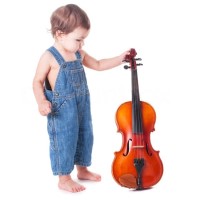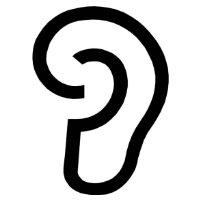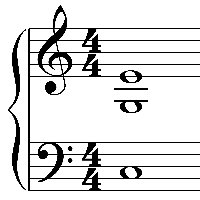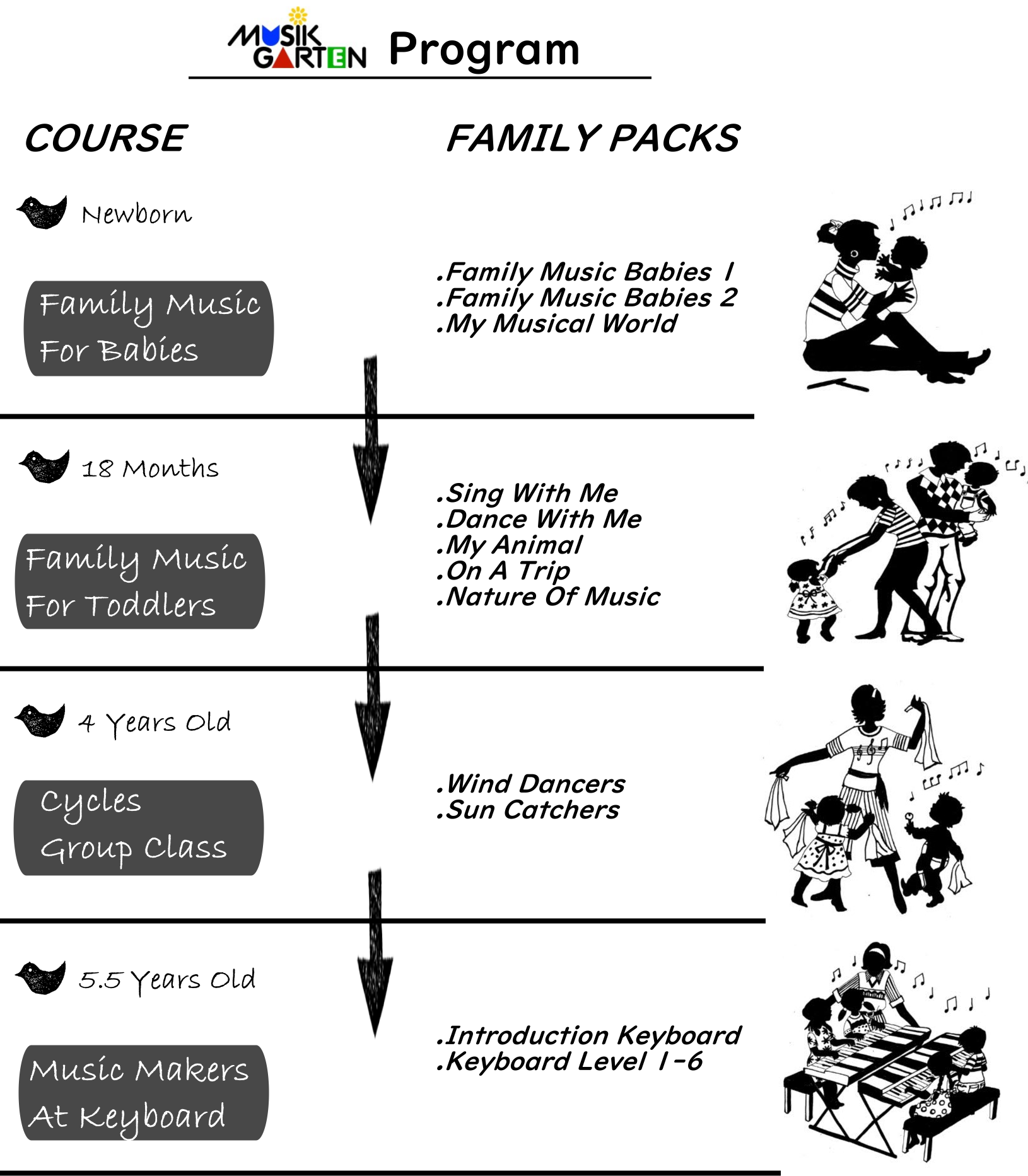 Piano 鋼琴
Piano 鋼琴
Admission Requirements:
Minimum age of 4 years old (Individual Course)
Features:
Weekly individual lesson with the assigned teacher.
Piano lessons at Cremona are designed to teach students of all ages from beginner to diploma level.
Our unique piano curriculum not only complements the ABRSM and Trinity syllabus, it would enable you to achieve up to Grade 8 more quickly without having the pressure of taking external exams at each grade. We believe this can increase your interest in music and
reduce exam stress.
If you are interested in learning to play the piano only but not taking ABRSM or Trinity exams, our curriculum allows you to learn and master the right skills in a structured manner as you could be assess by our in-house jury if you choose to do so.
Furthermore, our curriculum will expose you to wider range of music repertoire. Together with the numerous performance events that you can participate in, you will improve your piano playing enjoyment, performance confidence and abilities.
 Cello 大提琴
Cello 大提琴
Admission Requirements:
Cello: 5 years old
Features:
Weekly individual lesson with assigned teacher.
Cello lessons at Cremona are designed to teach students of all ages from beginner to diploma level.
Our unique cello curriculum not only complements the ABRSM and Trinity syllabus, it would enable you to achieve up to Grade 8 more quickly without having the pressure of taking external exams at each grade. We believe this can increase your interest in music and
reduce exam stress.
If you are interested in learning to play the cello only but not taking ABRSM or Trinity exams, our curriculum allows you to learn and master the right skills in a structured manner as you could be assess by our in-house jury if you choose to do so.
Furthermore, our curriculum will expose you to wider range of music repertoire. Together with the numerous performance events that you can participate in, you will improve your cello playing enjoyment, performance confidence and abilities.
You can learn to master cello through one-to-one lessons or in an ensemble setting where you will learn about teamwork and foster close friendships with fellow students.
 Violin 小提琴
Violin 小提琴
Admission Requirements:
Violin: 4 years old
Features:
Weekly individual lesson with assigned teacher.
Violin lessons at Cremona are designed to teach students of all ages from beginner to diploma level.
Our unique violin curriculum not only complements the ABRSM and Trinity syllabus, it would enable you to achieve up to Grade 8 more quickly without having the pressure of taking external exams at each grade. We believe this can increase your interest in music and
reduce exam stress.
If you are interested in learning to play the violin only but not taking ABRSM or Trinity exams, our curriculum allows you to learn and master the right skills in a structured manner as you could be assess by our in-house jury if you choose to do so.
Furthermore, our curriculum will expose you to wider range of music repertoire. Together with the numerous performance events that you can participate in, you will improve your violin playing enjoyment, performance confidence and abilities.
 Baby Violin 幼兒小提琴
Baby Violin 幼兒小提琴
The process of learning music through this course provides an avenue for the child & parent to bond together. They attend lessons together with an assigned teacher & learn how to work" with each other at home. This is a useful tool for parents in
helping to create a positive music-centric environment that is filled with love, joy & encouragement.
Feature:
1. Weekly group lessons of 45 minutes.
Objectives:
1. To provide a fundamental grasp of violin technique
2. To develop aural awareness for quality tone production
3. To focus on posture so as to build a sound foundation for future advanced violin techniques
Admission requirements:
1. Minimum age of 4 years
2. Participation of a parent during the lesson is compulsory
3. Both parent and child must own each a violin at the commencement of the course
 Aural Fundamental 聽覺基礎
Aural Fundamental 聽覺基礎
Aural training is a fundamental criteria in the development of a complete musician. One of the key benefits in aural perception is to train the students' ears in musical discrimination so that they can perform musically and listen appreciatively. All music examination
boards include aural tests as part of their examination assessment thereby further stressing the all important aspect of this fundamental technique.
Benefits:
1. Develops a comprehensive foundation for rhythmic skills
2. Develops a good sense of pitch
3. Develops critical listening skills
4. Develops vocal skills
5. Builds aural awareness on the different genres in the history of music
6. Develops ability to distinguish between the composers' distinctive styles of writing
 Music Theory 樂理基礎
Music Theory 樂理基礎
Admission Requirements:
1. Minimum age of 8 years old.
2. Possess performing skills in their chosen instrument at a level similar to the ABRSM Grade 2 and above. If the student is unaware of what their playing ability level is, please consult his/her instrumental teacher.
3. The student must already know how to read most music notes from a score.
4. If the student is 10 years old and below, there must be a commitment of parent supervision at home and in class.
Outcomes:
1. The student will have sufficient theoretical knowledge to sit for an ABRSM Grade 5 Theory examination.
2. The student will learn the fundamentals of music composition.
3. The student will learn to understand the theory of music better, enabling him/her to sight-read the music scores better.
4. The student will have the basic theory knowledge to be applied upon future Aural Skills.
Musikgarten Philosophy
When music and movement are a natural, joyous part of childhood, childhood, children benefit greatly in manay areas of life.
Language development, self expression, memory skills, concentration, social interaction, fine motor skills, listening, problem solving,
teamwork, goal setting, and coordination are all impacted by early music and movement education. What's more, as a child learns to play music, other areas of development -- creativity, family bonding, self-esteem, confidence, emotional development -- are also positively impacted.
Musikgarten's philosophy is steeped in this understanding. Movement and music activities are perfect for child development.
Music immerses the child in language, evokes movement, simulates the brain and forsters physical coordination -- all in a group setting that builds community -- a truly holistic experience.
